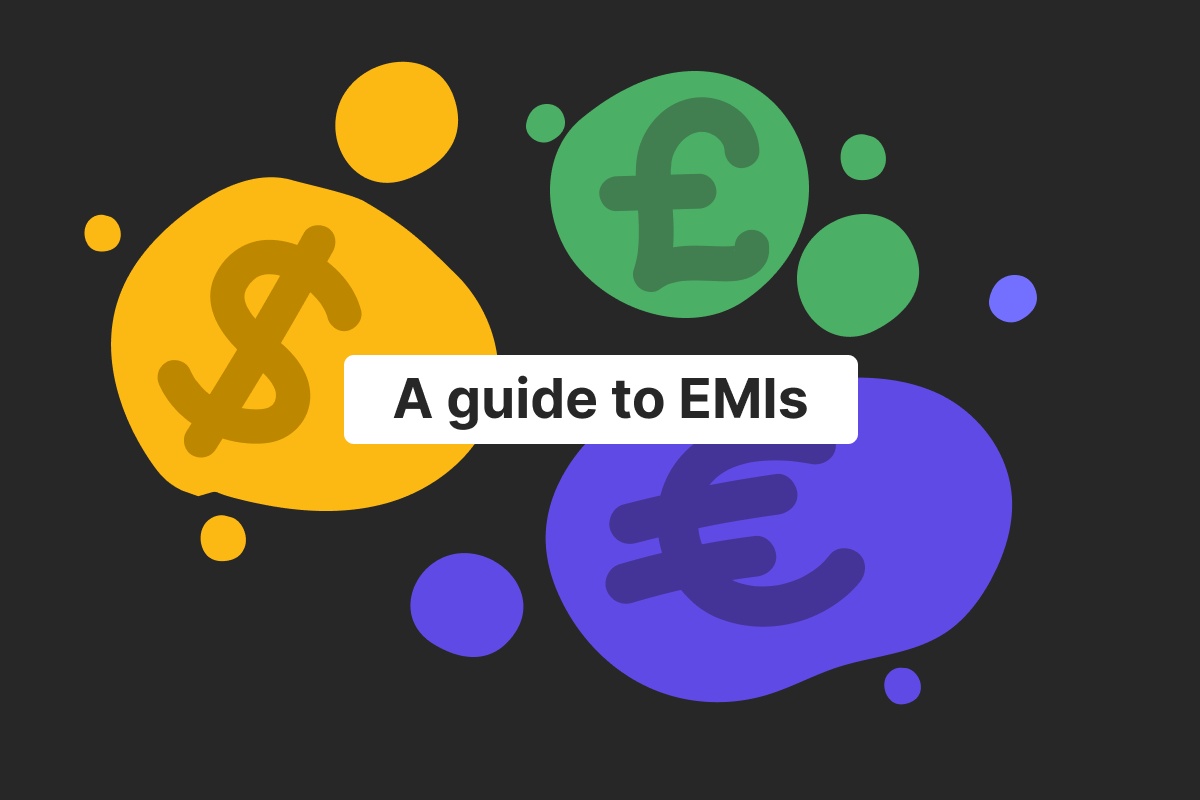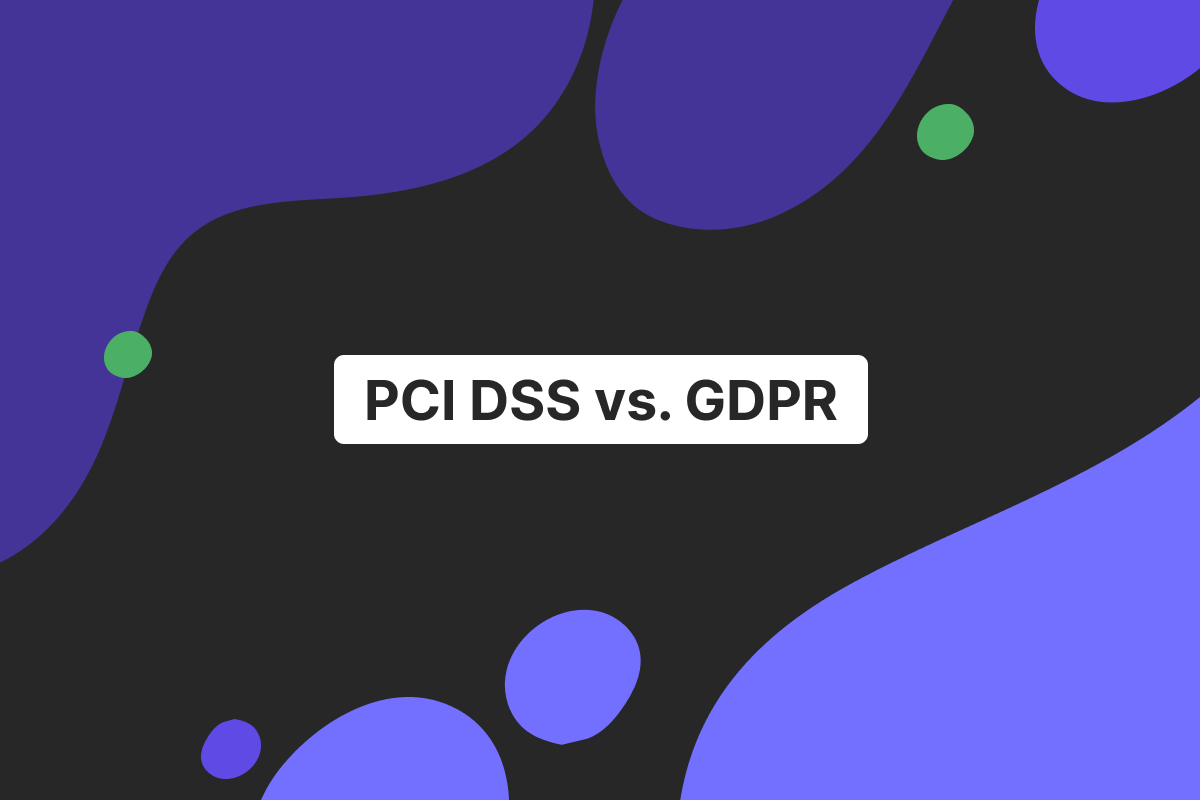An Electronic Money Institution (EMI) is a type of financial entity authorized to issue, store, and manage electronic money – digital value that is backed by fiat currency and used for electronic transactions.
Unlike traditional banks, e-money institutions are not permitted to offer full-scale banking services.
However, they can now play a significant role in the modern economy by providing payment services, digital wallets, or facilitating international transactions.
In countries that allow electronic money institutions, they are heavily regulated by financial authorities – often central banks – but not always in the same way as traditional banks. EMI must safeguard customer funds by separating them from their operational accounts or by using insurance mechanisms (although it depends on a specific country’s law).
Why is it becoming important? In recent years, consumer behavior has shifted significantly toward digital finance, driven by demand for faster, more convenient money transfers.
Traditional banks currently dominate a niche of old but reliable services, whereas electronic money institutions have brought something new. So, what is an electronic money institution? Find out more about them, how they issue e-money, the financial and payment services they provide, their benefits, and more!
Defining electronic money institutions
Electronic money institution (EMI) is not just a regular financial institution. It is authorized to issue and manage electronic money (e-money) – a core part of e-payment services.
To put it simply, an electronic money institution allows individuals and businesses to store funds in e-wallets, make online and in-store purchases, and transfer money domestically or across borders using their payment services. Note – this isn’t a cryptocurrency. It’s just a digital version of regular money like euros or dollars.
These institutions operate under specific regulatory frameworks designed to ensure consumer protection and financial stability. The key point here is maintaining secure digital wallets and processing electronic payments to the user’s payment account.
EMIs usually do not lend money or take deposits, which is what traditional banks are known for. Instead, they focus exclusively on facilitating non-cash, digital financial transactions. They are required to safeguard customer funds by either keeping them in segregated accounts with licensed banks or using insurance instruments. It is crucial to secure client funds, even if such electronic money institutions go bankrupt.
Is a typical electronic money institution (EMI) better than traditional banks?
EMIs and traditional banks both offer financial services, but they work in very different ways. An electronic money institution is all about service, speed, and user experience.
They usually cater to the specific needs of users, offering more advanced financial solutions. Traditional banks, meanwhile, provide a full spectrum of more common financial and payment services, including savings accounts, credit services, and investment products.
Open an account
in Genome online
How electronic money institutions operate
When it comes to e-money institutions, their work is very synonymous with digital banking solutions. After all, their operations are built on digital infrastructure, enabling them to issue and manage electronic money, process payments, and provide services such as virtual IBANs, multi-currency wallets, and payment cards.
Taking all these into account, it becomes pretty obvious that e-money institutions usually cater their services to clients that value convenience, online approach, and tailor-made solutions.
To make the processes run smoothly, EMIs automate many of them. For example, even onboarding (the process when a person is being verified before account opening) is streamlined. Identity verification (Know Your Customer, aka KYC) is typically performed via online document submission and biometric checks, significantly reducing the time and friction when you are setting up your account. EMIs also integrate with real-time payment networks and API-based systems to facilitate seamless domestic and cross-border transactions.
Also, it is important to remember that e-money financial institutions are heavily regulated and, in many cases, update their anti-fraud tools on a regular basis to protect themselves and their clients from the growing dangers of online fraud.
Their cloud-based infrastructure and agile development practices allow them to adapt quickly to market needs and regulatory changes, offering innovative, customer-centric solutions for individuals and businesses alike.
The main benefits of EMIs are the following:
1. Faster service. Open an account, verify your identity, and start using it after a quick online registration.
2. Online access. Everything can be done online. For example, Genome offers both a web desktop and a mobile app.
3. Lower fees. Because there are no physical bank branches, the pricing for services is lower than with traditional banks.
4. Easy-to-use. Take your app with you anywhere. Great for freelancers, startups, and international businesses.
5. User-friendly. Simple platforms make it easy to manage your money anytime, anywhere.
6. Issue electronic money quickly. EMIs are licensed to issue electronic money, which can be used for fast, secure payments and transfers.
Regulatory framework and trust
Electronic Money Institutions (EMI) operate within a clearly defined regulatory framework. In the European Union, the Electronic Money Directive (EMD2) and the Payment Services Directive (PSD2) set requirements for licensing, capital adequacy, risk management, and fund safeguarding.
To carry out activities, an electronic money institution must obtain authorization from a national financial regulator, such as the Financial Conduct Authority (FCA) in the UK, for example.
One of the most important regulatory requirements is the separation of client funds from the institution’s own operational accounts. It ensures that users’ money remains protected even if the EMI faces financial difficulties. To issue e-money legally, an institution must meet strict regulatory requirements and obtain a license from the relevant financial authority.
E-money institutions are also obligated to implement robust anti-money laundering and know your customer procedures.
Regulatory compliance is a cornerstone of trust for electronic money institutions like Genome – an electronic money institution licensed and supervised by the Bank of Lithuania. Transparency, security, and customer satisfaction are core pillars of our work. Read on for a more detailed overview.
Genome: a leading electronic money institution
Genome is a licensed Electronic Money Institution that offers a wide range of digital financial solutions for individuals and businesses. Its services are designed to simplify money management, streamline operations, and support international financial activities – all through a secure, fully online platform.
One of the core services provided by Genome is its multi-functional online account system. Clients can open personal or business accounts entirely online without visiting a bank branch. Business accounts come with tools tailored for companies of all sizes, including features to manage team access, make batch transfers, and issue Visa corporate cards.
Genome supports multiple currencies, allowing users to hold and manage funds in EUR, USD, GBP, PLN, CHF, JPY, CAD, CZK, HUF, SEK, AUD, and DKK. These multi-currency accounts are particularly useful for companies and freelancers working with international clients. Genome also enables business transactions in foreign currencies via SWIFT, making it easier to send and receive payments across borders.
The platform offers access to a range of payment instruments, such as SEPA Instant/Credit and SWIFT bank transfers, as well as Visa debit payment cards – both virtual and physical. These cards can be used online or in-store and are compatible with Apple Pay, Google Pay, and Garmin Pay. Users benefit from competitive exchange rates, helping them save on cross-border and currency conversion costs.
Currently, business wallet users can benefit from a special offer: order the first 100 virtual cards for just 1 EUR/card! Use them for all business expenses – business trips, subscriptions, media buying, and more!
Genome takes security and compliance seriously. All customer data and transactions are protected under EU regulations. There are clearly defined account limits based on verification level, helping to maintain both flexibility and control over funds.
Whether you’re a freelancer managing personal income or a company processing high-volume payments, Genome provides efficient and scalable solutions. With its easy onboarding process, transparent pricing, and full digital accessibility, Genome is a smart alternative to traditional banking for those seeking fast, flexible, and modern financial tools.
Open an account
in Genome online
Comparing EMIs and traditional banks
Electronic Money Institutions (EMIs) and traditional banks both offer financial services, but they differ significantly in structure, focus, and customer experience.
Banks operate in a more traditional, brick-and-mortar way, and provide a wide range of services, including savings bank accounts, loans, mortgages, investment services, and wealth management. In contrast, EMIs focus on digital financial solutions, such as e-money transfers, facilitating electronic payments, offering virtual IBANs, multi-currency wallets, and prepaid or debit business cards.
In terms of accessibility, such institutions generally offer a more streamlined, digital-first experience. Account setup, identity verification, and money transfers are often faster and available entirely online or via mobile apps. Traditional banks still may require in-person visits, especially for onboarding or complex services.
When it comes to costs, EMIs typically provide lower fees and more transparent pricing for international transfers, currency exchange, and account maintenance. This cost-efficiency appeals to freelancers and e-commerce businesses.
However, EMIs do not offer credit or interest-bearing bank accounts like traditional bank accounts do and may have limits on certain financial operations.
For users needing a full banking relationship, traditional banks are still necessary. Yet, for fast, flexible, and low-cost digital transactions, e-money is an increasingly preferred alternative.
Why would you want to choose an electronic money institution instead of a traditional bank?
For specific transactions like international money transfers, multi-currency payments, and digital business operations, EMIs offer clear advantages: speed, cost-effectiveness, and ease of access. Their user-friendly platforms, real-time processing, and low fees make them ideal for global transactions where traditional banks often fall short in agility and pricing.
Conclusion
As financial technology develops and advances, more financial institutions are finding new approaches to delivering financial services to clients while also enhancing existing features.
For instance, electronic money institutions take full advantage of this technology, integrating modern tools into their online financial platforms, allowing their clients to quickly access financial services, make payments, send transfers, etc.
By leveraging advanced technology, EMIs offer fast, secure, and user-friendly financial solutions tailored to today’s digital economy. From virtual IBANs and multi-currency accounts to business cards and real-time transfers, EMIs empower individuals and companies to manage money more efficiently across borders.
If you’re looking for a secure and modern way to manage your finances, Genome is a trusted Electronic Money Institution that combines regulatory credibility with innovative features.
Fully licensed and compliant with EU regulations, Genome offers virtual and physical cards, multi-currency accounts, instant payments, and powerful business tools – all accessible through the web and Genome app. Whether you’re running a company, freelancing, or sending money abroad, Genome simplifies your financial operations with speed, transparency, and security.






